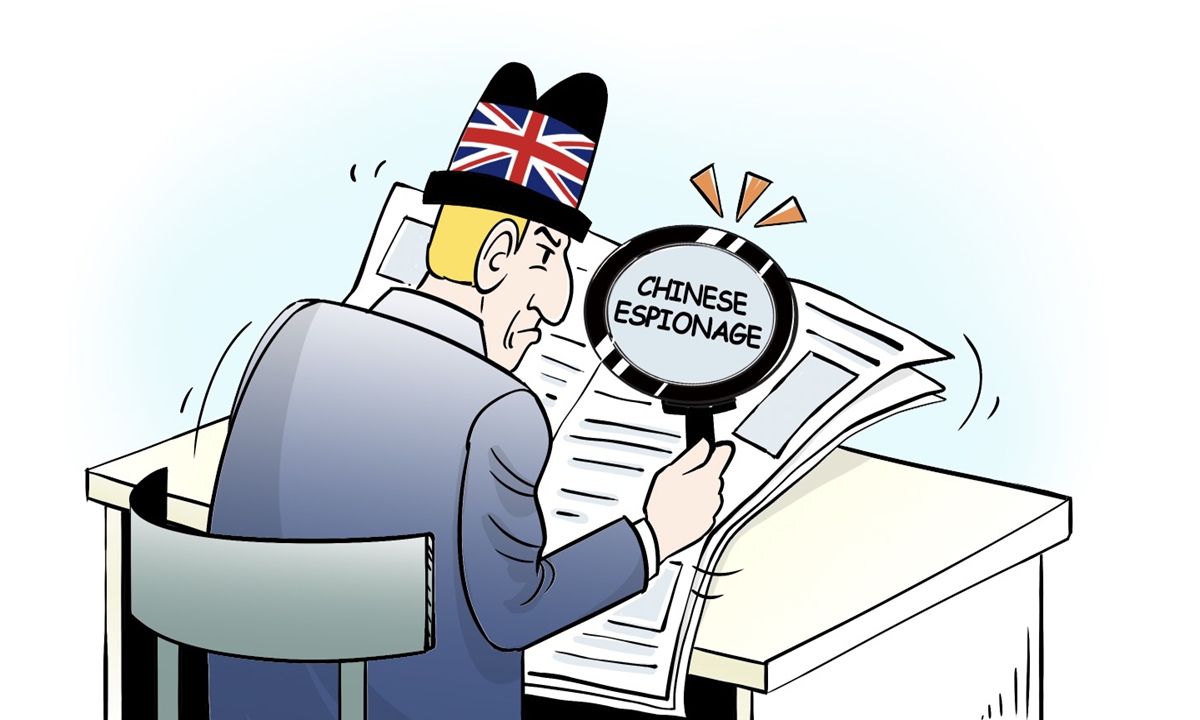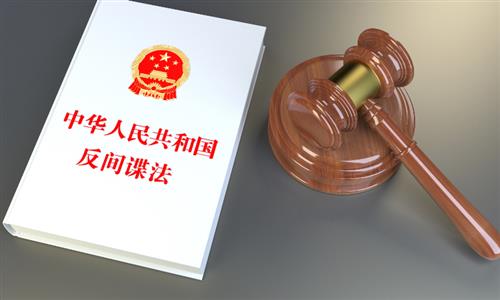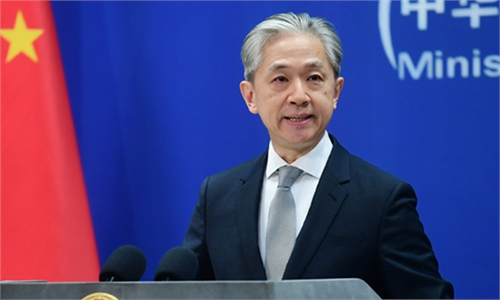
Illustration: Chen Xia/GT
When certain types of events or topics become a regular part of the news cycle, they are almost guaranteed to receive extensive coverage in the British media. These subjects typically include the weather, the Royal Family, cute animals and children, corrupt politicians, and espionage. Britain has a particular fondness for spy stories.
The peak of espionage narratives in the UK, as well as in the wider Western world, was likely during the Cold War era, when hardly a year went by without news of a spy ring being uncovered, or covert operatives being arrested, tried, jailed or expelled from the country. This reality was mirrored in popular culture at the time, with James Bond standing out as perhaps the most well-known fictional British spy in novels, television and film.
Today, the genre appears to be making a comeback as intelligence communities seek out new foes. On Monday, two British men were charged and three German citizens arrested over separate allegations of spying for China. The German cases are at an early stage and involve allegations of sharing confidential technology intelligence with Beijing.
The British cases are at a more advanced stage, as the two accused will appear before a preliminary hearing at a lower court in London on Friday. It sounds - and is - very serious, though few people know how the strict rules controlling the release of information connected to the legal proceedings limit what can be shared. Ironically, it means that for now the secrets of the trial will remain a secret.
Chris Cash, a 29-year-old former parliamentary aide for senior British politician Alicia Kearns and close associate of security minister Tom Tugendhat - both China hawks linked to a China-critical think tank where Cash once worked - is accused under Britain's 113-year-old Official Secrets Act of providing prejudicial information to a foreign state. A colleague, Christopher Berry, 32, faces a similar charge. The allegations are framed in archaic language which claim that they obtained, recorded and published information "for a purpose prejudicial to the safety or interests of the state" and which could be "directly or indirectly, useful to an enemy." In its announcement of the charges, London's Metropolitan Police force specified that the other country said to be involved was China. That is, they regard China as "an enemy." The Chinese embassy in London said the allegation that China was trying to steal British intelligence was "completely fabricated." "We firmly oppose it and urge the UK side to stop anti-China political manipulation and stop putting on such self-staged political farce," an embassy spokesperson said in a statement.
The air of intrigue and mystery that typically surrounds such stories is unintentionally intensified by the reporting restrictions which apply to court cases in England. Once charges are filed, few details of the allegations are allowed to be made public before trial. Naturally, as a matter of great public interest, there has been some speculation in public forums on social media, but the evidence against the accused will not be revealed until the matter is referred to a higher court for disposal. Even then, because this is classed as a matter of national security, legal rules allow for some evidence to be heard in secret if deemed necessary, never to be reported. So, theoretically at least, what Messrs Cash and Berry are supposed to have done may never be made public.
This situation reflects the current febrile atmosphere pervading Britain, as well as its allies in Europe and America, where anything associated with China is automatically assumed to involve espionage. The list of supposed conduits for this activity contains some ludicrous examples such as Chinese garlic, shipyard cranes, EV vehicles, TikTok, and weather balloons, to name but a few, all of which have come under suspicion. It seems that Western politicians and their lapdogs in the Western media have developed a fetish about Chinese "spying" activities every bit as febrile as existed against Russia during the Cold War.
In real-life cases within the legal system, there is a presumption of innocence, and any prosecuting authority bears the burden of proving its case against individuals accused of espionage. If this rule also applied to politics and the media, there might be less feverish defamation of China.
The author is a journalist and lecturer in Britain. opinion@globaltimes.com.cn


